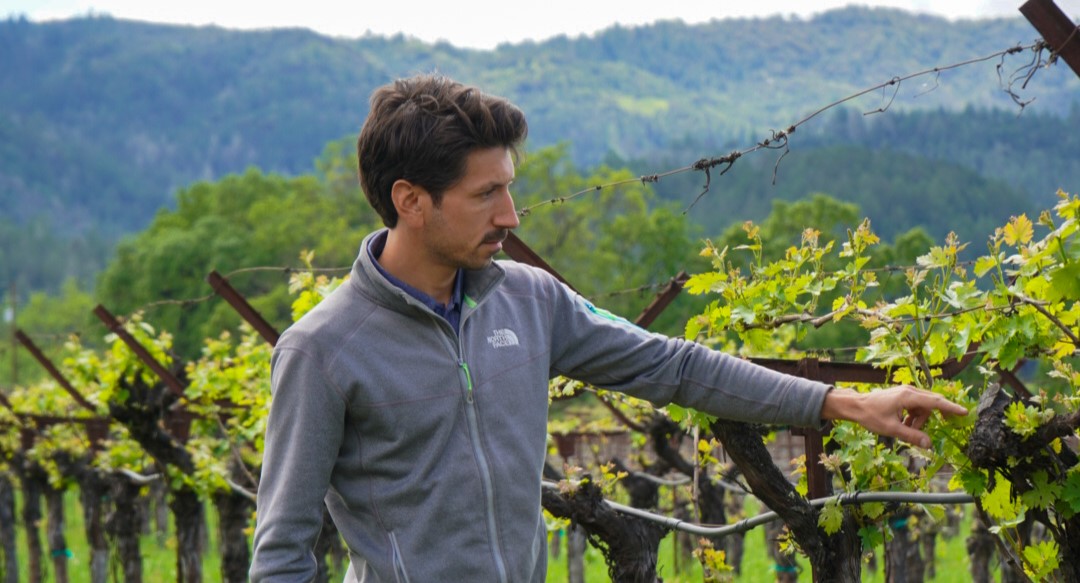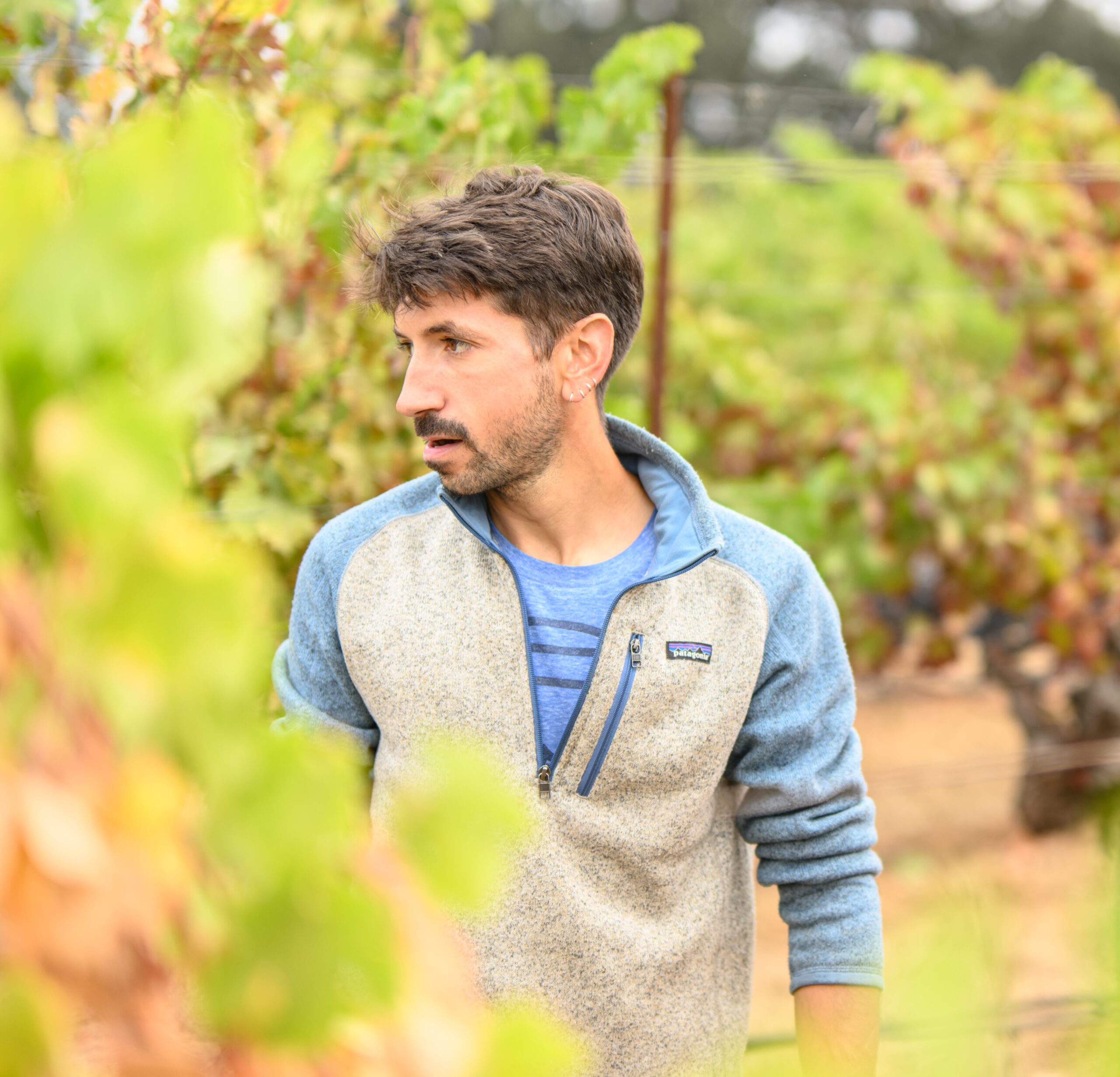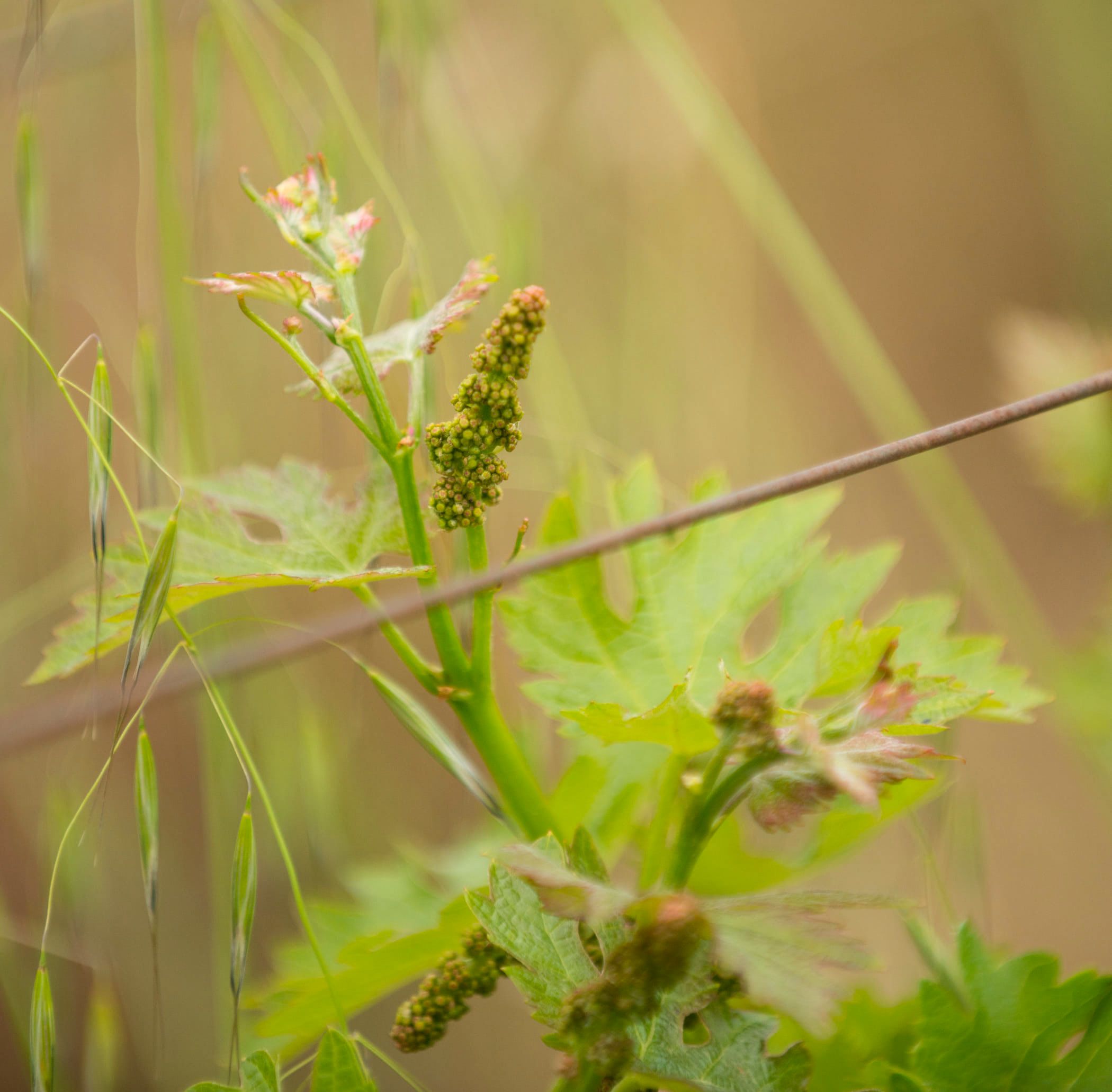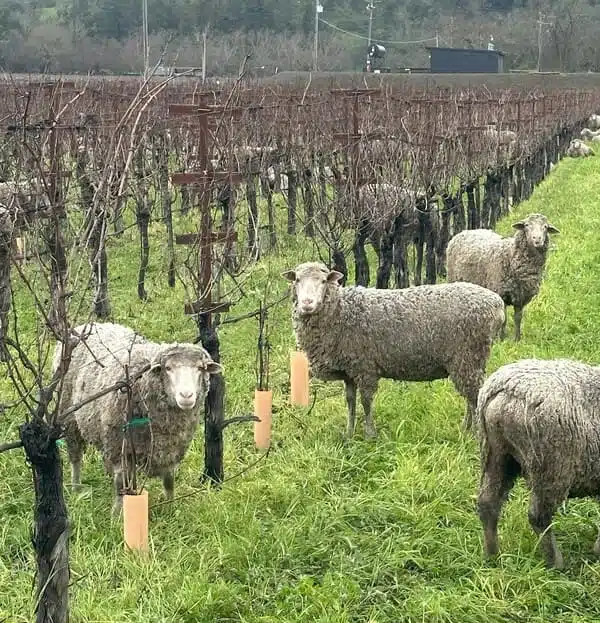Get to Know Bernat – Grgich Hills Estate’s Regenerative Organic Research Manager


What led you to a career in wine?
Growing up in the Mediterranean, wine was always on the table, a part of every meal. My grandparents used to make wine for themselves when they lived in the country, but that tradition ended when they moved to a big city. Even though it wasn’t something I did growing up, there was still that legacy in the not-too-distant past of my family.
When studying plant physiology, I found that this piece of my heritage was a combination of many different things I was passionate about – cuisine, plants, and artistry. So, I felt like it made sense to pursue it. The mix of art and agriculture is what drew me in, it was an intriguing and romantic profession – much more so than the laboratory work I might have pursued otherwise.
What does a day in the life of a Regenerative Organic Research Manager look like?
A lot of my job is supporting our vineyard management – I help manage the daily operations of all five of the Estate’s vineyards. At least half of my day is spent in the vineyards, which I love.
Assessing the influence our farming practices have on things like soil quality, vine health, and biodiversity is the main goal of my work as a research manager. We want to measure and record the tangible results of our labor, especially since regenerative farming is not too well-studied as of now. It’s definitely an up-and-coming field of research, which is very exciting.
What was your first experience with regenerative agriculture?
My master’s program was where I first encountered regenerative principles in agriculture. I remember doing a project focused on no-till farming, which was practically unheard of back then, and now it’s the norm at Grgich Hills Estate! Working here, though, is where I’ve had most of my hands-on experience with implementing regenerative agriculture.

Why is regenerative farming important to you?
I think that it just makes sense – why wouldn’t we try to recreate the ideals of nature in our agriculture? Performing regenerative farming gives you this sense of accomplishment, that you’re working to improve the environment, and setting an example for others in agriculture who might not have it as easy as we do here in Napa Valley.
As a lover of wine too, I’ve found that this is the best way to produce high quality grapes from healthy, long-lived vines. It reflects so well in the wines that we create using these principles.

What’s your favorite part of the job?
I love that I’m not tied to my desk – I have to go out regularly to the vineyards and get my hands dirty. Being able to watch and manage the entire process, from growing to harvest to aging and bottling, is such a rewarding experience.
One of my favorite times of the year is in the winter, when we have thousands of sheep roaming our vineyards. I get to talk with the shepherds who come here from the Andes mountains, they’re such interesting guys. The vineyards turn into something else when they and their sheep are around!
What’s your favorite Grgich Hills wine?
Having grown up in a region with a rich, ancient winegrowing tradition, I deeply appreciate the distinctive qualities that only wines from old vines possess—an exceptional concentration of flavors with a velvety, nuanced structure. It’s a remarkable experience to witness how our regenerative farming practices nurture some of the oldest vines in the valley, allowing them to thrive and continue producing wines of unparalleled complexity and elegance. This is why my preferred choice is Yountville Selection Cabernet Sauvignon, where these time-honored vines truly shine.

